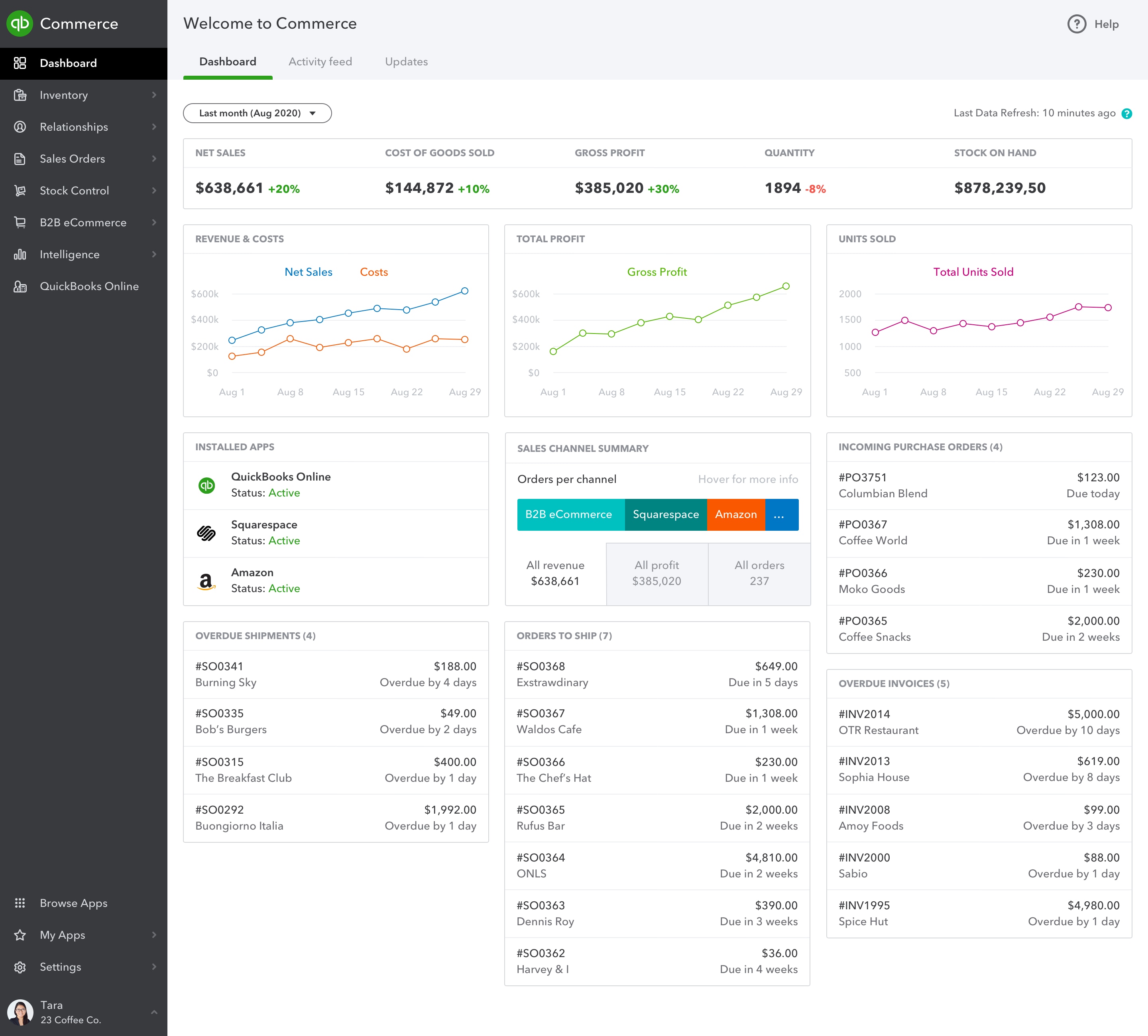One of the areas we’ve been focused on, especially as COVID-19 has taken its toll on the small business landscape, is the need for a single tool that helps users acquire customers for their businesses and understand the most effective channels for growth. The need has become acute—something I felt after speaking to one of our customers. Freddie Hewett runs Stag Coffee—he sells coffee, prepared meals, and coffee accessories at his two stores. When COVID-19 hit, he instantly lost all foot traffic.
But Stag Coffee has a strong social presence via Facebook and a WordPress website, so Freddie pivoted his business online. He began taking grocery orders from the local community and delivering safely to their doors. Freddie put up a list of products that he could sell on his website with an email address to send requests to. And that worked – for about a week. His basic website didn’t provide real-time inventory and didn’t connect with his point of sale, so he’s literally tracking everything – every sale and every order – on a spreadsheet.
Demand is high, but the spreadsheet is not in real time. In his words, it’s a nightmare.
Freddie has all the ingredients for success: two stores with point of sale, a strong social presence, a website, and a simple product catalogue. But, he needs a flexible storefront, real-time tracking of inventory, multi-channel management, and order management – all of the complex commerce capabilities needed to replace his spreadsheet and unlock his growth.
QuickBooks’ vision is to give our customers one integrated platform to centrally run and manage their small business. Our solution—QuickBooks Commerce—helps our customers sell across multiple sales channels including online storefronts, marketplaces, and POS systems. QuickBooks already had the financial, capital, and employee management capabilities to help our customers understand their business. Now we can help offline small businesses make the leap to digital e-commerce, and help mid-market and enterprise companies build out their omnichannel capabilities.
As your business grows and you want to expand to new channels, we’ll have integrations and collaborations ready to go so you can expand without the complexity of managing a new channel. Amazon, ShopKeep, Squarespace and dozens more are already on board. Your listings, products, inventory, and orders will all be in sync.
Because everything is tied together, you’ll be able to see data on profitability insights, ROI on marketing spend, new opportunities to expand your product line. And if you have questions in the future, we plan to leverage our expert platform to not only help you with your bookkeeping, but connect you with an expert to optimize your shopping cart, or help you expand into new social channels. It’s a big step into e-commerce for us, but we think it’s our duty, because we know an open platform can become the source of truth to grow your business.
At QuickBooks, we’ve been your trusted partner in managing complexity for more than 25 years. We began by helping you manage your books and grew into a platform that helps you get paid fast, manage capital, and pay employees with confidence. When COVID-19 upended the small business community, we used our fintech experience to help our customers get more than $1 billion in Small Business Administration Paycheck Protection Program loans. At every stage of your business, we want to help simplify your business. Now we’ll do the same for omnichannel customer growth. And we won’t stop working hard for you until you are back on the road to growth.
—Alex
QuickBooks Commerce will be deployed in a phased rollout; new U.S.-based customers who purchase QuickBooks Essentials, Plus, or Advanced will have access first, available now.














